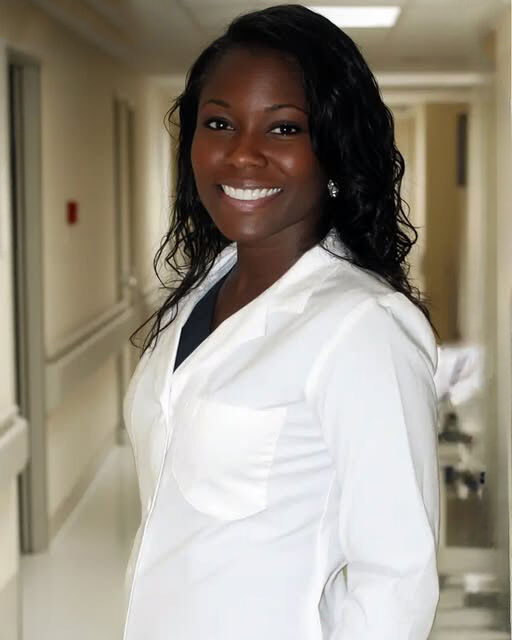From the moment I entered the operating room, I knew surgery was my true calling. It wasn’t just a job—it was my purpose. After years of tough training, endless nights, and pressure, I finally earned my place as a full surgeon at one of the city’s top hospitals. It was everything I’d dreamed of.
But one night changed everything.
Well past midnight, an ambulance rushed in with an unconscious woman on a stretcher. She was pale, barely breathing.
“Blunt force trauma to the abdomen,” a paramedic said. “Possible internal bleeding. No ID, no insurance.”
She looked young—maybe in her late thirties or early forties—but her worn face told a story of hardship. She was homeless.
“The ER won’t admit her,” a nurse whispered.
Hospital rules were clear: uninsured patients got basic care, but any major treatment—like emergency surgery—required approval. And no one was available at that hour.
“She won’t survive another hour,” the paramedic warned. “She needs surgery now.”
I hesitated briefly. I knew the rules—but I also knew if I didn’t act, she would die.
So I made my decision.
“Prepare the OR,” I ordered.
The nurses exchanged worried looks, but I had the authority to proceed. We operated.
The surgery took almost three hours. Her spleen was ruptured, and she had lost a dangerous amount of blood. It was a miracle she’d made it to us. When I finished, her vitals were stable. I had saved her.
Relief washed over me—until the next morning.
As soon as I arrived, my name was called over the intercom.
“Dr. Harrison, report to the main conference room immediately.”
I knew what was coming.
In the room, the surgical team waited, and Dr. Langford, the chief of surgery, stood at the front with a furious expression. My stomach tightened.
“Dr. Harrison,” he said sharply, “do you understand what you’ve done?”
I held my ground. “I saved a life.”
His face darkened. “You’ve cost this hospital thousands on surgery for a patient who won’t pay. You broke protocol, risked funding, and acted without approval.”
I wanted to argue—that we were doctors, not businessmen, bound by an oath to save lives regardless of cost. But I didn’t get the chance.
“You’re fired,” he said coldly. “Effective immediately.”
The room fell silent. My colleagues avoided my eyes. No one spoke up for me.
Anger burned inside me, but I kept my composure. Without a word, I turned and left—out of the hospital and the life I had built.
That night, I lay awake, uncertain of my future, but sure of one thing: I didn’t regret saving that woman.
Then the next morning came a surprise call.
“Dr. Harrison,” said a shaky voice. “It’s Dr. Langford. I need your help.”
At first, I thought it was a joke. Then he said something chilling.
“It’s my daughter.”
His voice cracked as he explained that Melany had been in a severe accident, with internal bleeding, and needed emergency surgery. The hospital was overcrowded, and the only surgeon available was me.
“I know I don’t deserve to ask this,” he said, “but please, I have no one else.”
An hour later, I was back in the hospital—not as an outcast, but as the only hope for the man who had fired me.
Melany was critical, but I focused solely on my duty. She wasn’t Langford’s daughter; she was a patient—and my responsibility.
The surgery succeeded. When I left the OR, Langford waited, his face pale and eyes red-rimmed.
Then, unexpectedly, he dropped to his knees.
“Thank you,” he whispered. “I should never have fired you. I should have supported you. You could have said no, but you didn’t. You saved her life.”
For the first time, he saw me not as a rule-breaker, but as a fellow doctor.
A week later, my job was reinstated—and I was promoted. Langford publicly changed hospital policies to ensure uninsured patients could receive emergency surgery. And the woman I saved? She survived, got help, and was given a fresh start.
I lost everything for doing what was right. But in the end, doing right gave me everything back—and more.
That’s why I will always believe in the oath I took: to heal, protect, and save—no matter the cost.
